How to select the ideal lacrosse camp for your child in 2023. What factors should you consider when choosing a lacrosse camp. How to evaluate camp facilities, coaching staff, and programs. What are the key elements of a high-quality lacrosse camp experience.
Selecting the Ideal Location for Your Child’s Lacrosse Camp
When it comes to choosing a lacrosse camp for your child, location plays a crucial role. Here are some key factors to consider:
- Distance from home
- Familiarity of surroundings
- Opportunity to visit beforehand
- Total travel costs
Is the camp within driving distance, or will air travel be necessary? Consider the time commitment required for drop-offs and pick-ups. A familiar environment can help prevent homesickness, while the ability to tour the camp beforehand can provide valuable insight into the facilities and overall atmosphere.
While lacrosse hotbeds like Maryland, New York, and Pennsylvania offer excellent camps, don’t overlook options closer to home. Talented coaches run programs nationwide, so start your search locally before expanding your horizons.

Balancing Distance and Quality
Is it worth traveling for a top-tier lacrosse camp? This depends on your child’s skill level, goals, and comfort with being away from home. If you decide to travel for camp, discuss expectations and logistics with your child to ease the transition. Remember that a positive camp experience often hinges on the child’s comfort level as much as the quality of instruction.
Assessing Lacrosse-Specific Facilities and Equipment
The quality of facilities and equipment can significantly impact your child’s camp experience. Here’s what to look for:
- Multiple regulation-size grass or turf fields
- Modern training equipment
- On-site stick stringing and repair services
- Availability of loaner protective gear
- Strength and conditioning facilities
- Classrooms for strategy sessions and video review
Top-notch facilities and equipment can elevate a camp from good to great. Be cautious of programs that promise elite instruction without the necessary resources to support their claims.
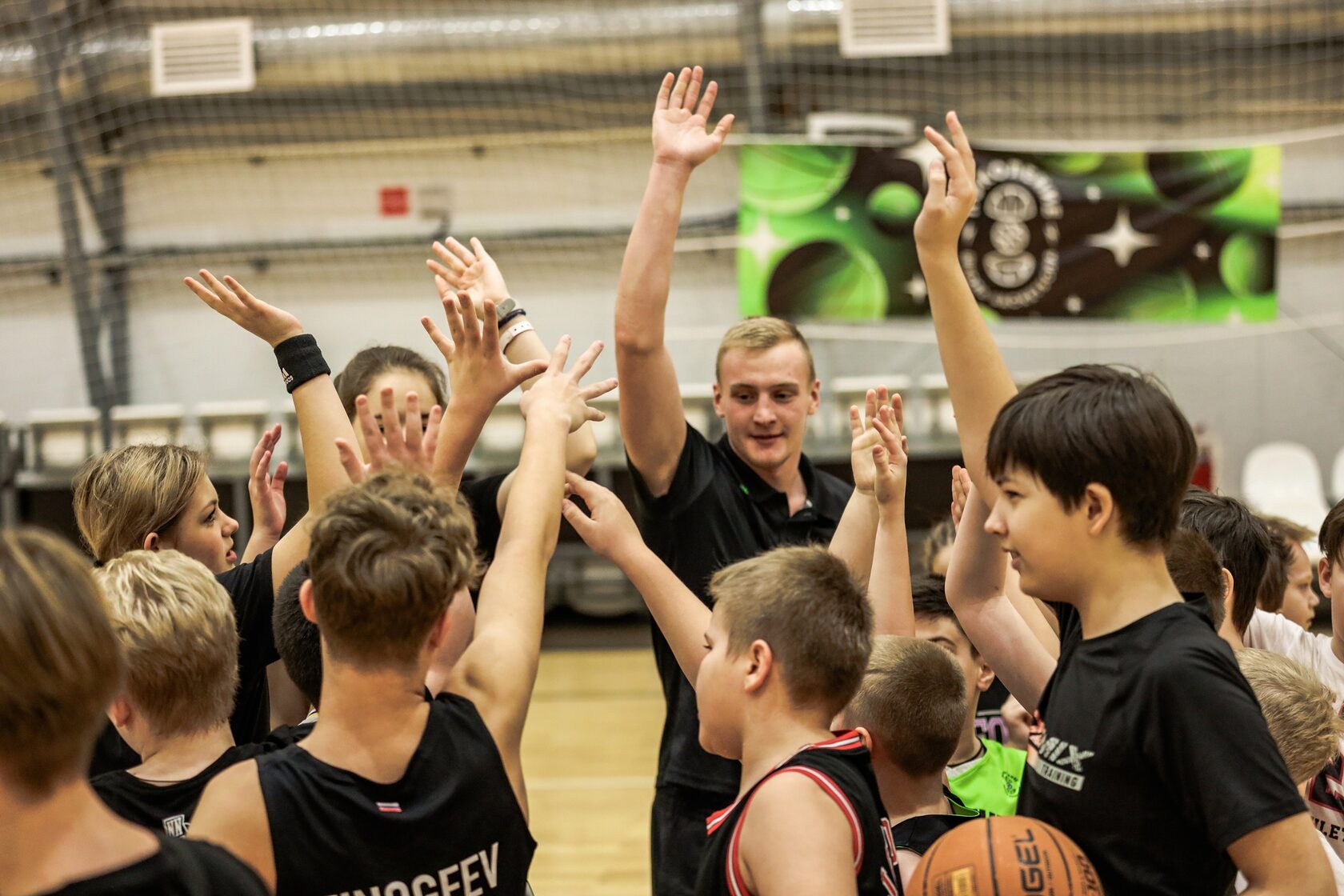
The Importance of Specialized Facilities
Why are specialized lacrosse facilities so crucial? They provide an immersive environment that allows players to focus entirely on improving their skills. While a school field or park can host a lacrosse camp, purpose-built facilities offer advantages like multiple fields for simultaneous drills, dedicated areas for position-specific training, and on-site equipment maintenance.
Evaluating the Camp’s Coaching Staff
The quality of instruction can make or break a lacrosse camp experience. When assessing the coaching staff, look for:
- Professional or college playing experience
- Solid teaching reputation
- Experience coaching youth players
- Passion for the sport and player development
- CPR and first aid certification
Research the coaches’ backgrounds, including their playing and coaching history. Are any well-known names in the lacrosse community? Do they come highly recommended by trusted sources?
Beyond Playing Experience
Does a great player always make a great coach? Not necessarily. While high-level playing experience can provide valuable insights, effective youth coaching requires patience, communication skills, and the ability to break down complex concepts for young players. Look for coaches who have a track record of developing players, not just those with impressive playing resumes.
.jpg)
Comparing Camp Programs and Offerings
A comprehensive lacrosse camp should offer a well-rounded experience. Look for programs that include:
- Skills training (stick work, shooting, passing, catching, cradling, footwork)
- Position-specific clinics
- Tactics and strategy sessions
- Strength and conditioning tailored for lacrosse
- Yoga and recovery techniques
Examine the camp schedule closely. Is there a good balance between instruction, drills, competitive play, and rest? Be wary of camps that prioritize games and scrimmages at the expense of skill development.
The Role of Off-Field Activities
Should lacrosse camps include activities beyond the field? While the focus should primarily be on lacrosse, well-rounded programs often incorporate team-building exercises, leadership development, and even academic components. These additional elements can enhance the overall camp experience and contribute to your child’s personal growth.
Understanding Camper-to-Coach Ratios
The number of campers assigned to each coach significantly impacts the quality of instruction. Aim for camps with low coach-to-camper ratios:

- Goalies: 6 to 1 or better
- Field players: 10 to 1 or better
Lower ratios ensure more personalized attention and feedback. Elite camps often employ assistant coaches, counselors, and guest instructors to maintain favorable ratios.
The Impact of Low Ratios
How do low coach-to-camper ratios benefit players? With fewer players to oversee, coaches can provide more individualized instruction, quickly identify and correct technique issues, and offer more opportunities for players to receive direct feedback. This personalized approach can accelerate skill development and boost players’ confidence.
Analyzing Camp Tuition and Fees
Lacrosse camp costs can vary widely, from around $100 for a local day camp to over $1000 for an elite overnight program. While higher tuition often correlates with better instruction and facilities, it’s essential to understand what’s included in the price:
- Instruction, gear usage, and field access
- Meals and accommodations (for overnight camps)
- Camp merchandise (t-shirts, water bottles, etc.)
- Transportation to and from events
Before committing to a camp, ensure you have a clear breakdown of all costs to avoid unexpected expenses.

Balancing Cost and Value
Is a more expensive camp always better? Not necessarily. While elite programs often justify their higher prices with top-notch facilities and instruction, many excellent camps offer great value at more moderate price points. Consider your child’s skill level, goals, and your budget when evaluating camp options. Sometimes, a well-run local camp can provide a fantastic experience at a fraction of the cost of a prestigious national program.
Considering Your Child’s Skill Level and Goals
Choosing the right lacrosse camp involves aligning the program with your child’s current abilities and future aspirations. Consider the following:
- Beginner, intermediate, or advanced skill level
- Desire to play at the high school, college, or professional level
- Interest in specific positions or playing styles
- Short-term and long-term lacrosse goals
Some camps cater to players of all levels, while others focus on elite athletes or specific skill sets. Ensure the camp you choose matches your child’s needs and ambitions.
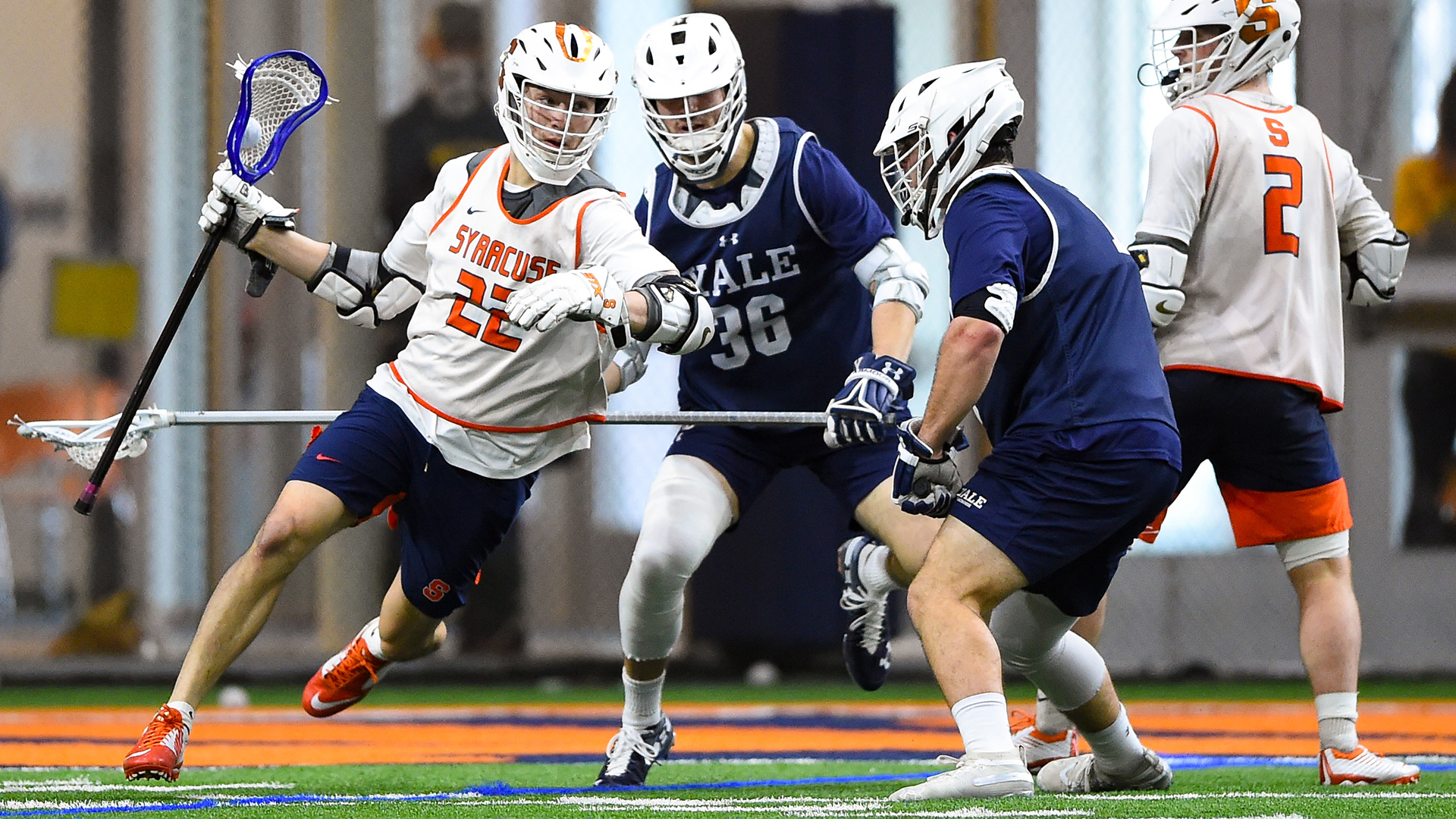
The Benefits of Skill-Appropriate Camps
Why is it crucial to choose a camp that matches your child’s skill level? Attending a camp that’s too advanced can be frustrating and potentially damaging to a player’s confidence. Conversely, a camp that’s not challenging enough may lead to boredom and missed opportunities for growth. The ideal camp should push your child to improve while still being within their capabilities.
Exploring Specialty Lacrosse Camps
Beyond general lacrosse camps, there are specialty programs that focus on specific aspects of the game. These may include:
- Goalie camps
- Face-off specialists camps
- Offensive or defensive skills camps
- Recruiting showcases
- Leadership and team captain camps
If your child has a particular area of interest or a specific skill they want to develop, a specialty camp could be an excellent choice.
The Advantages of Specialized Training
How can specialty camps benefit players? These focused programs allow players to dive deep into specific aspects of the game, receiving intensive instruction that may not be available in general camps. For players looking to excel in a particular position or skill set, specialty camps can provide a competitive edge and accelerate their development in that area.

Researching Camp Reviews and Testimonials
Before making a final decision, it’s crucial to gather feedback from past participants. Look for:
- Online reviews from parents and players
- Testimonials on the camp’s website
- Feedback from local lacrosse coaches or club directors
- Social media comments and discussions
Pay attention to recurring themes in the feedback, both positive and negative. This can provide valuable insights into the camp’s strengths and potential weaknesses.
Beyond the Marketing Materials
How can you get an unbiased view of a lacrosse camp? While camp websites and brochures can provide useful information, they’re ultimately marketing tools. Seek out independent reviews and, if possible, connect with families who have attended the camp in previous years. Their firsthand experiences can offer a more realistic picture of what to expect.
Planning for a Successful Camp Experience
Once you’ve selected a camp, proper preparation can help ensure your child has the best possible experience. Consider the following:

- Physical conditioning before camp
- Equipment check and purchases
- Travel arrangements and logistics
- Mental preparation and goal setting
- Health and safety considerations
Discuss expectations with your child and help them set realistic goals for their time at camp. This can include skill improvements, making new friends, or gaining confidence in their abilities.
Maximizing the Camp Experience
How can you help your child get the most out of their lacrosse camp? Encourage them to be open-minded, ask questions, and fully engage with the coaches and other campers. Remind them that camp is not just about improving lacrosse skills, but also about developing as a person and a teammate. Setting personal goals and maintaining a positive attitude can greatly enhance the overall experience.
Post-Camp Evaluation and Follow-Up
After the camp concludes, take time to reflect on the experience with your child. Consider:
- Skills and knowledge gained
- Enjoyment and overall satisfaction
- Areas for further improvement
- Interest in returning to the camp in the future
- Application of new skills to regular season play
Use this feedback to inform future camp decisions and to help guide your child’s ongoing lacrosse development.
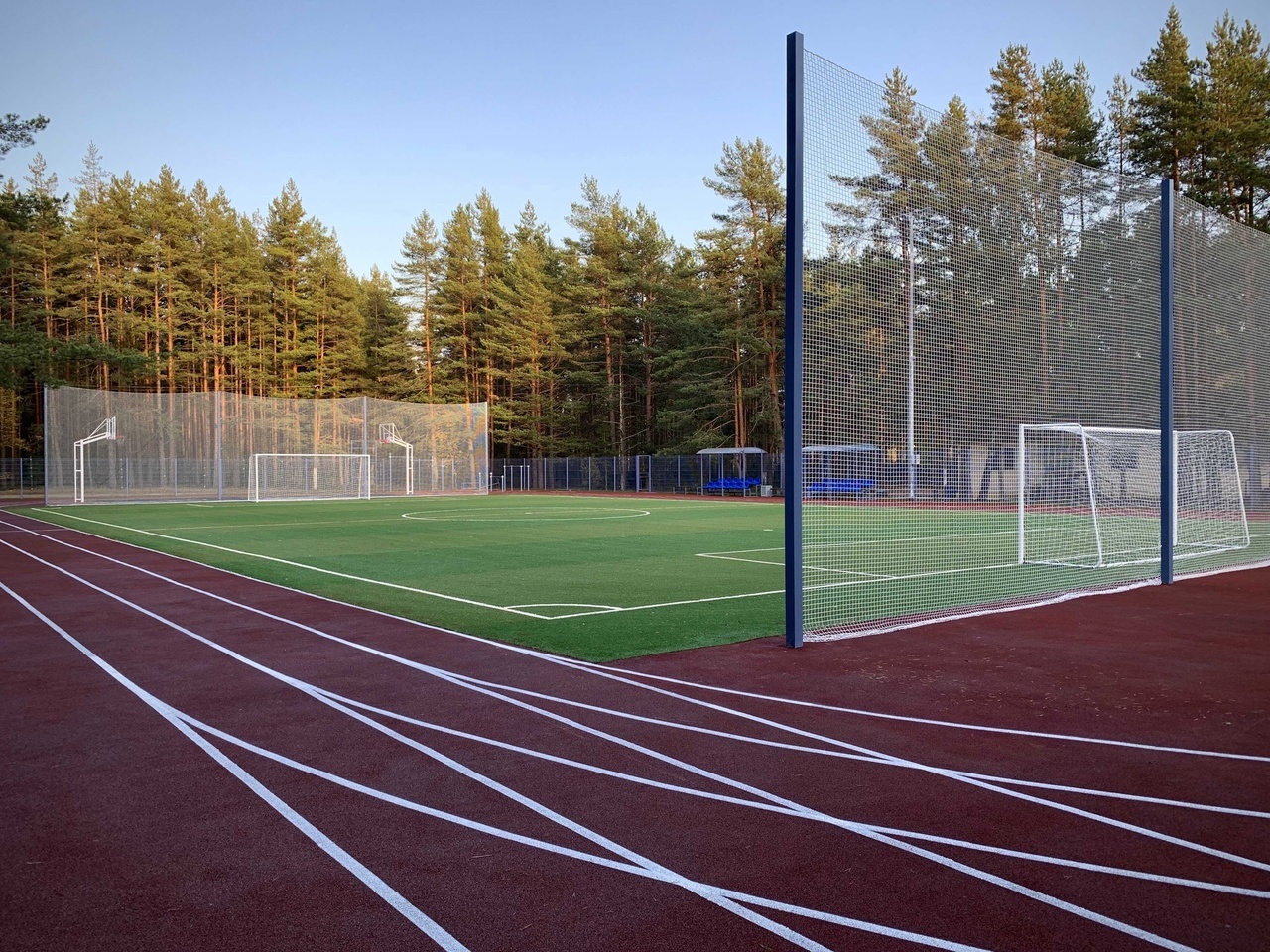
Continuing the Growth
How can you help your child maintain their progress after camp? Work with them to integrate the skills and strategies learned at camp into their regular practice routine. Consider reaching out to camp coaches for additional drills or resources. Encourage your child to share their new knowledge with teammates, which can reinforce their learning and boost their confidence.
Choosing the right lacrosse camp for your child involves careful consideration of numerous factors. By thoroughly evaluating location, facilities, coaching staff, program offerings, and costs, you can find a camp that not only improves your child’s lacrosse skills but also provides a memorable and enriching experience. Remember that the best camp is one that aligns with your child’s current abilities, future goals, and personal preferences. With the right preparation and mindset, a well-chosen lacrosse camp can be a transformative experience, fostering a deeper love for the sport and helping your child reach their full potential both on and off the field.
Look at Location – Is the Camp Close to Home?
As a parent, one of the most important considerations when looking at lacrosse camps is location. While some families don’t mind traveling for an elite program, others prefer to keep their kids closer to home. When evaluating location, here are some key factors to consider:
- Distance from home – How far away is the camp? Is it drivable or will air travel be required? What is the time commitment for picking up/dropping off your child?
- Familiar surroundings – Will your child feel comfortable and settled in the camp’s location? New places can cause homesickness.
- Opportunity to visit – Can you tour the camp beforehand to get a feel for the facilities, field, dorms, etc.? This can give both you and your child a preview.
- Travel cost – What is the total cost including transportation, lodging, food, etc.? Compare this to the camp tuition.
While lacrosse strongholds like Maryland, New York and Pennsylvania host exceptional camps, don’t count out options closer to home. Talented coaches run camps nationwide, so look locally first before expanding your search. If you do decide to travel for camp, discuss expectations and logistics with your child to ease the transition.
Evaluate Lacrosse-Specific Facilities and Equipment
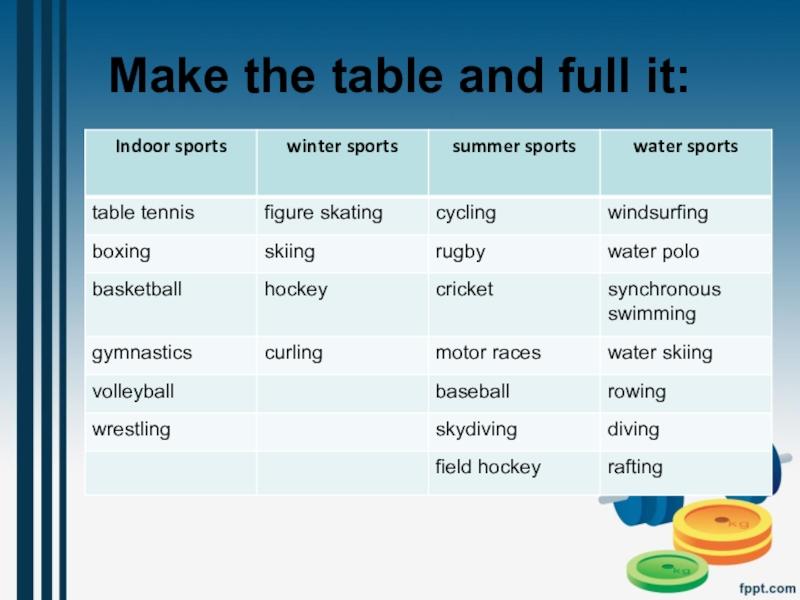
Naturally, you’ll want your child to attend a lacrosse camp with top-notch gear and facilities tailored specifically for the sport. Here’s what to look for:
- Playing fields – The best camps have multiple regulation-size grass or turf fields for drills, scrimmages and games.
- Training equipment – Look for modern lacrosse goals, high-quality balls, agility ladders, cones, nets, and more.
- Stick stringing – On-site stick stringing and repair ensures players always have game-ready equipment.
- Protective gear – Loaner helmets, pads, and cleats prevent gear issues from disrupting play.
- Strength and conditioning – Weight rooms, trainers, and strength programs build athleticism.
- Classrooms – For video review, chalk talks, and lectures on lacrosse strategy.
While a school or park can host lacrosse, specialized facilities take camps to an elite level. Be wary of camps promising top-flight instruction without the gear to back it up.
Assess the Camp’s Coaching Staff
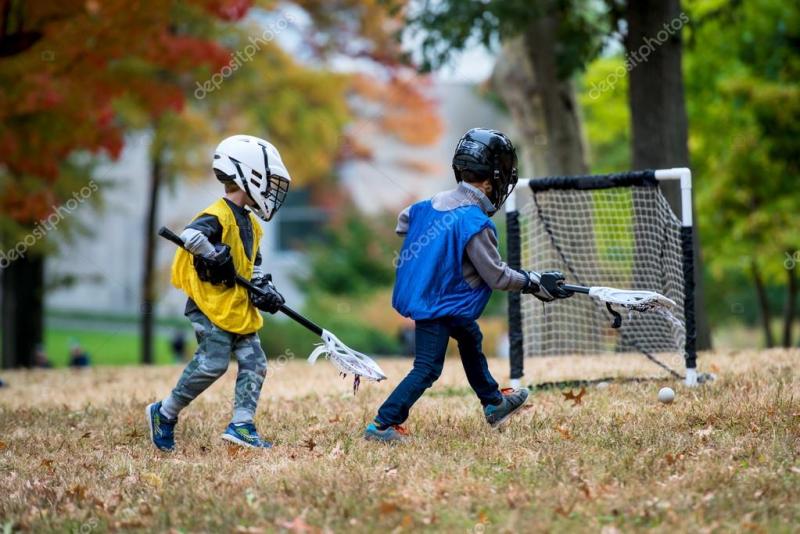
Your child will be learning from the camp’s coaches 8+ hours a day, so assess their qualifications carefully. Here are coaching attributes to look for:
- Pro or college playing experience – Coaches who played at a high level have insider knowledge of the game.
- Solid teaching reputation – Look for coaches known for their ability to develop players vs. just recruiting.
- Experience coaching kids – Not all great players make great youth coaches. Seek coaches with patience and age-appropriate methods.
- Passion – The best coaches love lacrosse and want to help kids improve.
- CPR and first aid certified – Ensures coaches can handle minor injuries, dehydration, heat issues, etc.
When reviewing camp staff, look up their playing and coaching backgrounds. See if any are well-known names in lacrosse or come highly recommended by people you trust.
Compare Camp Programs and Offerings
With lacrosse technique, training, games, position work and more to cover, look for camps that deliver a comprehensive experience. Here are beneficial camp offerings to look for:
- Skills training – Stick work, shooting, passing, catching, cradling, footwork.
- Position clinics – Focused training for goalies, defenders, midfielders, and attack.
- Tactics and strategy sessions – Playbook instruction, film study, whiteboard talks.
- Strength and conditioning – Speed, agility, plyometrics; tailored for lacrosse.
- Yoga and recovery – Prevent injury; improve flexibility, balance and mental focus.
Also look at the overall camp schedule. Is there a good mix of instruction, drills, competitive play and rest? Be wary of camps overloading on games and scrimmages at the expense of skill development.
Check Out Camper-to-Coach Ratios
The number of campers assigned to each coach hugely impacts the instruction quality. Look for camps with small coach-to-camper ratios. Here are good benchmarks:
- Goalies – 6 to 1 or better
- Field players – 10 to 1 or better
Higher ratios mean less personalized attention and feedback. Elite camps often have assistant coaches, counselors and guest instructors to keep ratios low. If a camp touts great instruction, verify the coach-to-camper numbers back that up.
Compare Camp Tuition and Fees
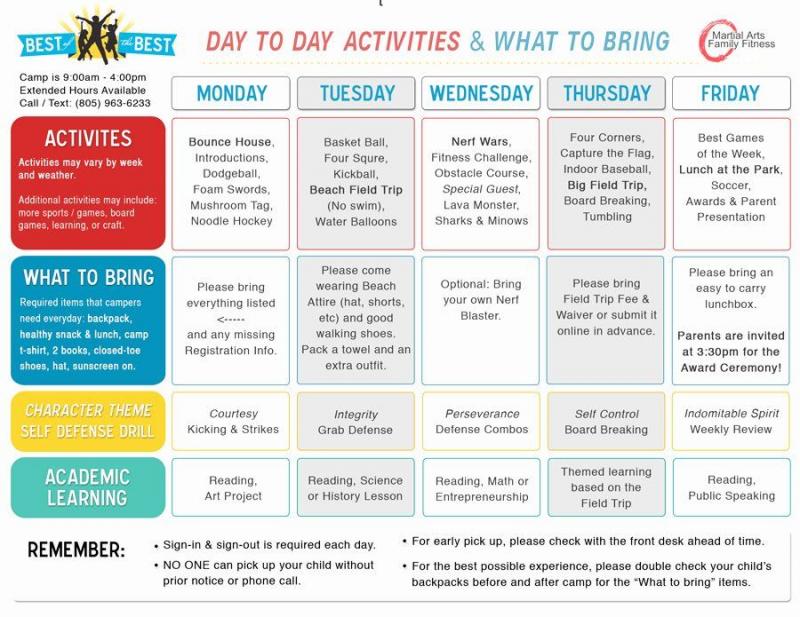
Lacrosse camps range widely in cost from $100 for a local day camp to $1000+ for an elite overnight program. While higher tuition often reflects better instruction and facilities, cost isn’t everything. Before registering, be clear on what’s included:
- Instruction, gear, fields
- Meals and dorms or lodging
- Camp shirt, backpack, water bottle, etc.
- Transportation to and from events
Don’t assume amenities are included in base tuition. Look for fees like: overnight camp housing, extra meals, camp photos, pizza parties, cancellation insurance. Read the fine print so there are no surprises.
Look for Safety Accreditation
Any camp your child attends should be fully licensed and accredited for health, safety and sexual assault prevention. Look for these credentials:
- Licensed by the state department of health
- American Camp Association accreditation
- Safesport training on abuse and misconduct prevention
- Medical staff like trainers or nurses on-site
- Documented emergency and safety protocols
Don’t assume a camp is safety compliant. Do your due diligence, as skimping here puts children at risk. Reputable camps post policies publicly and will gladly answer questions.
Picking the right lacrosse camp takes research, but the payoff is an unforgettable summer of growth for your young athlete. Focus on the fundamentals – location, staff, safety – and the rest falls into place. With these tips, your child will have an amazing experience gaining skills and lifelong memories.
Check Out the Coaches – What Are Their Credentials?

It’s that time of year again when lacrosse-loving parents start researching the best summer camps to send their kids. With so many options out there, how do you even begin to pick the perfect lacrosse camp? Here’s a comprehensive guide on what to look for when choosing a top-notch lacrosse camp in 2023.
First and foremost, you’ll want to thoroughly vet the coaches and staff. The best lacrosse camps attract coaches with impressive playing and coaching backgrounds. We’re talking All-Americans, national champions, pro players, and coaches with 10+ years experience coaching elite youth teams. Dig into their bios and credentials. Have the coaches played at the highest levels of lacrosse themselves? Do they have experience developing next level lacrosse players? You want to ensure the coaches have the expertise to provide advanced, high-level instruction.
Check Out Session Offerings
Beyond coaching, explore the types of training sessions offered. Look for lacrosse camps that offer a mix of position-specific instruction, full team scrimmages, strength and conditioning sessions, film analysis, guest speakers, and more. A diverse set of lacrosse training opportunities will challenge and develop your child in new ways. Also look at the coach-to-camper ratio. A low ratio, like 1 coach to 5 campers, ensures more personalized attention and feedback.
Consider Overnight vs Day Camps
Next, decide whether you want to send your kid to an overnight or day lacrosse camp. Overnight camps, often hosted on university campuses, offer a fully immersive experience where kids eat, breathe, and sleep lacrosse 24/7. However, some families may prefer a day camp option where kids can spend nights at home. Day camps still deliver elite instruction but don’t require spending the night away.
Location, Location, Location
Location may also impact your lacrosse camp decision. If you don’t mind traveling, look nationwide to find the perfect program. For example, perennial lacrosse powerhouses like UGA, Vermont, and Top Gun run fantastic summer camps kids rave about. If you prefer something local, scour camps within driving distance. Many youth clubs and high schools hold summer day camps too. Whether staying local or going destination, ensure the location meets your needs.
Compare Costs
Cost often becomes a deciding factor when picking lacrosse camps. Prices can range quite a bit based on the prestige of the program, coaches, and amenities. Overnight camps tend to cost more with tuition covering housing, meals, swag, gear, and more. Day camps offer a more affordable option. Also look for early bird discounts when registering before a certain date. Compare prices across your top choices before making a decision.
Read Reviews From Past Campers

Before committing, read reviews from past camp attendees. Don’t just rely on the camp website. Do an online search for “camp name reviews” to find parent testimonials on forums and review sites. You want an honest gauge of how past campers enjoyed their experience. Look out for red flags like safety issues, lack of supervision, or poor coaching. Read the good and the bad before signing up.
Ask About College Recruiting
Finally, if your child dreams of playing lacrosse in college, ask about recruiting exposure. Many elite camps attract college coaches as either instructors or observers. See if the camp offers recruiting seminars, video services, or helps connect qualified campers to college programs. The right camp can be hugely beneficial for players hoping to get noticed by college scouts.
Finding the perfect lacrosse camp takes research. Focus on the credentials of the staff, quality of training, location, costs, reviews and recruiting angle as you evaluate programs. Using these criteria will help you make the best choice for your young lacrosse player. With the right guidance and training, your child will have an amazing experience they talk about all year long.
Review the Schedule – Is There a Good Balance?
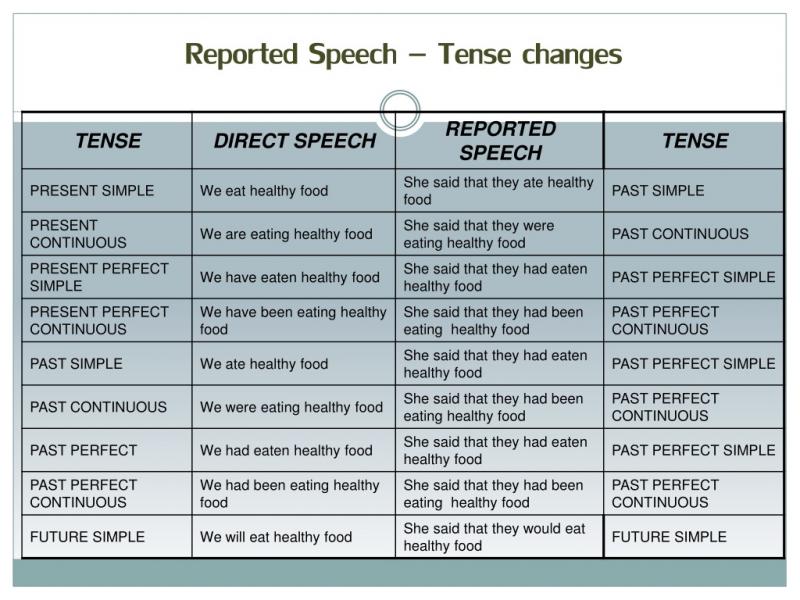
Summer is quickly approaching, which means it’s time for lacrosse-loving parents to start researching camps for their kids. With hundreds of options to choose from, how do you find the perfect lacrosse camp that will help your child improve their skills and have fun? Here’s an insider’s guide to picking an awesome lacrosse camp in 2023.
After checking out the coaches and location, take a close look at the camp’s schedule. You want to find a program that offers a solid balance of different activities to keep kids engaged and developing new abilities. The schedule should include a mix of positional drills, competitive scrimmages, strength and conditioning, leadership exercises, classroom learning, and more.
Look for Lacrosse Variety
Specifically, examine the types of lacrosse sessions provided. Elite camps focus on building position-specific techniques for attack, midfielders, defensemen, goalies, and faceoff specialists. Coaches should work on stick skills, shooting, dodging, footwork, conditioning, and strategy tailored to each position. Scrimmages let kids test new skills in game-like pressure situations. Avoid camps that rely too heavily on just scrimmaging without focused instruction.
Strength and Conditioning Matters
Don’t overlook the strength and conditioning offerings either. The best lacrosse camps incorporate sprinting, agility drills, weight lifting, plyometrics, and more to boost players’ speed, power, and endurance. Physical conditioning helps prevent injuries while enabling athletes to compete at their peak. Multi-sport options like swimming, yoga, or cross-training can complement the lacrosse training.
Classroom Components
Additionally, look for classroom elements like video analysis, whiteboard talks, leadership development, nutrition guidance, and recruiting seminars (for high schoolers). Classroom sessions allow for teaching conceptual aspects of the game through film study, lectures, and visuals. Kids gain lacrosse IQ to expand their mental grasp of the game.
What About Free Time?
Of course, the schedule shouldn’t be all lacrosse, all the time, especially for younger kids. Allowing time for fun activities, free play, and bonding opportunities is crucial too. Campers need some downtime to relax, build relationships, and just be kids. Look for blocks of recreational activities like campfires, talent shows, dances, team building exercises, or nightly cabin chats.
Avoid Overly Rigid Schedules

Beware of camps with overly rigid, military-style schedules that go from dawn to dusk. While structure is good, the daily agenda should remain somewhat flexible to adapt based on campers’ energy levels, weather changes, or other factors. The best schedules strike the right balance of lacrosse instruction, physical training, classroom learning, recreation and free time.
Analyzing the schedule gives key insights into the camp philosophy and training methodology. For the ultimate experience, find a program offering diverse lacrosse training, strength work, classroom learning, and fun. With a well-rounded schedule, your young athlete will walk away with new skills, knowledge, confidence, and life-long memories.
Consider Overnight vs Day Options – What Fits Your Family?
It’s that time of year again when lacrosse families start looking at summer camp options for their aspiring players. As a parent, you want to find the best lacrosse camp that will help your child improve their skills, gain confidence, and have an amazing experience. But with so many camps to choose from, how do you pick the perfect program? Here are some tips on factors to consider when researching overnight versus day camps.
Overnight Camps
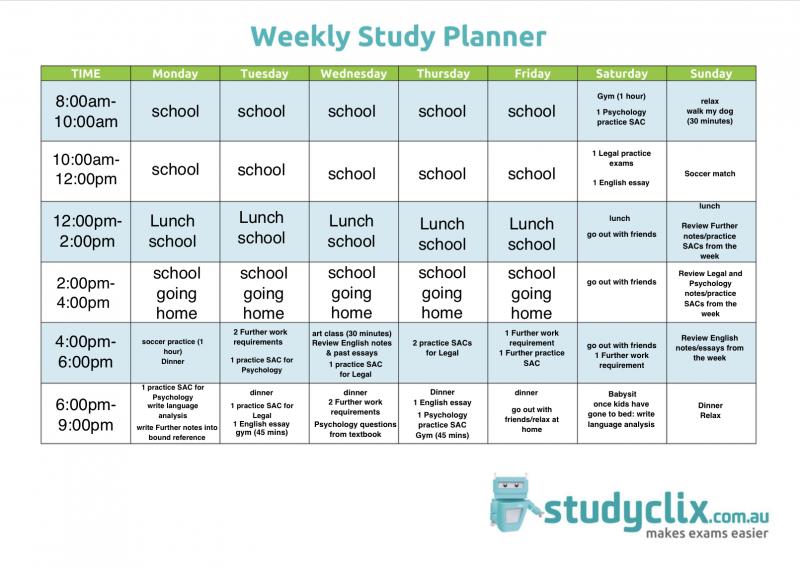
Overnight lacrosse camps involve staying on-site at a college, school, or facility for the duration of the program, which usually ranges from 3 days up to 2 weeks. The pros of overnight camps include:
- Total lacrosse immersion – players eat, breathe, and sleep the sport while at camp.
- Escape from electronics/distractions at home allows players to fully focus.
- Exposure to new coaches, training styles, drills they don’t get on their regular team.
- Bonding experience with other passionate players from around the country.
Overnight camps enable lacrosse to become your child’s whole world for the time they’re at camp. For some kids, this total immersion accelerates their passion and commitment to improving. The friendships and memories formed while eating meals together, hanging out in the dorms, and bonding over drill work tend to stick with players for life. Many lacrosse professionals cite their overnight camp experiences as transformative in their careers. From hotbeds like Top Gun in Maryland to niche positioning camps like Vermont Lacrosse School’s “The Match Up”, overnight camps enable lacrosse 24/7.
Day Camps
Day lacrosse camps still offer high-quality training but enable players to go home each evening. The advantages of day camps include:
- More affordable cost and no travel expenses.
- Players sleep in their own beds and eat home-cooked meals.
- Can attend camp with teammates/friends who live locally.
- Less homesickness and adjustment required.
For young or homesick-prone players, staying local at a day camp can be a better fit. Day camps are great for players who already attend elite club teams and want to supplement with extra training rather than an immersive overnight experience. Coaches also like having their team attend local camps together to keep squad chemistry going. Campers get the benefit of meeting new players and coaches during the day while maintaining some normalcy at night.
Camp Focus Areas
Overnight and day camps each have unique formats, locations, and areas of focus. As you research options, consider what your child wants to get out of the experience. For example:
- General Skills – Multi-faceted approach to build fundamentals like shooting, dodging, ground balls, etc.
- Position-specific – Intense training tailored to attack, midfielders, defenders, goalies.
- Game Strategy – Live game reps to understand offensive/defensive concepts.
- Recruiting – Perfect for rising juniors/seniors to get exposure to college coaches.
- Competition – Play against top talent from around the country.
Make sure to match your player’s needs to the camp’s strengths. A recruiting-focused overnight camp likely won’t improve fundamentals as much as a skills-intensive day camp. Know what they want to achieve before committing.
Location. Location. Location.
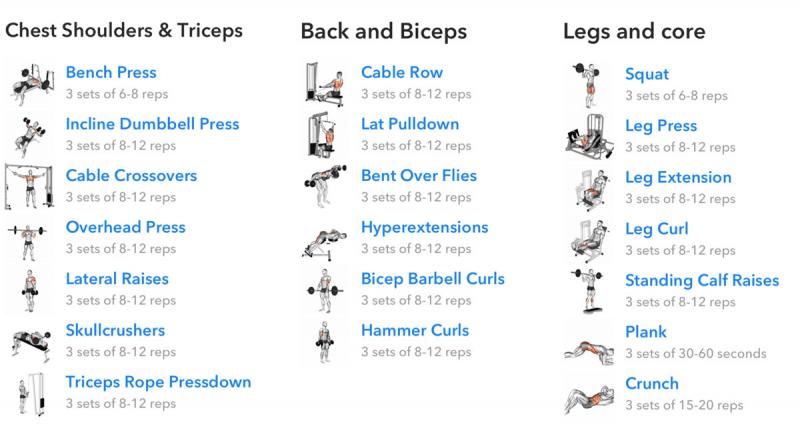
Overnight camps enable traveling to top programs/facilities around the country. Hotbed areas like Maryland, New York, and Colorado host camps chock full of talented players. Niche camps in unique places like Vail and Vermont also entice players to experience new locations. For day camps, stick local or within driving distance so commuting is easy. If your player dreams of visiting certain colleges or playing on prestigious fields, research overnight options to make it happen.
Cost Considerations
With travel, registration, gear, and more, overnight camps often cost $500-$1000+ per week. Day camps average $300-$600 for half or full day options. Many factors influence pricing such as staff, facility usage, camper-coach ratio, gear provided, and meals included. Don’t assume higher cost always means better quality. Ask detailed questions about what’s included and how they deliver results for the price.
Coaching Staff
The directors and coaches running camps make a huge impact on your child’s experience. Overnight camps at prominent colleges feature their NCAA coaching staffs. Other camps bring in recognizable names as guest stars alongside the full-time staffers. For day camps, look for ones run by reputable clubs known for player development. Get to know the coaches’ experience and coaching styles. Top camps post coach bios online so you can vet who might be training your child.
Health & Safety

Any quality lacrosse camp will have health forms, medical staff, sanitization procedures, emergency protocols, and proven safety processes. Don’t assume safety – ask specifically about their standards and policies. Overnight camps especially should detail how they supervise, feed, and look after athletes 24/7. Managing risk and injuries when kids are away from home needs to be a top priority.
Reading Reviews
Player and parent reviews on lacrosse forums and sites like YouthLax can provide helpful insights. Don’t judge solely on ratings though – a perfect 5-star camp might not align with your player’s needs. Read the details and look for camps with glowing reviews focused on areas important to your family. Reach out personally to other lacrosse parents to get candid feedback on what camps delivered great results.
Intangibles
Beyond training and tactics, consider the intangible experiences you want your child to have. Making new friends? Exposure to college campuses? Building confidence and independence away from home? Learning from coaches outside their regular program? Focusing on areas their high school or club don’t emphasize? Thinking through the big picture goals can help match your lacrosse camp checklist.
With hundreds of camp choices, it can feel overwhelming to find the perfect fit. Hopefully these tips help you narrow down the options and find a great lacrosse camp for your child this summer! Please share any other factors to consider in the comments.
Look at Cost – Can You Afford it?
Summer lacrosse camps can provide an amazing experience for youth players to improve their skills, make new friends, and advance their game. But the costs associated with top camps can also take a big bite out of family budgets. How do you weigh the value versus the price tag when considering overnight and day camp options?
Overnight Camp Costs
From travel expenses to register in advance for overnight lacrosse camps, families can spend $500-$1,000+ per week. The main cost factors for overnight camps include:
- Travel – Airfare, gas, hotel, rental cars
- Registration – Ranges from $500-$800+ depending on length and features
- Gear – Need backup stick, equipment in case of damage/theft
- Spending money – For snacks, camp store purchases, off-campus excursions
- Lost wages – Parents may need to take vacation days for drop-off/pick-up
Some ways to reduce overnight camp costs are choosing a location within driving distance, carpooling with teammates to share travel costs, or negotiating a discount for signing up early. But realize that 3-5 nights away from home raises the budget bar for most families.
Day Camp Expenses

For lacrosse families looking for a more affordable summer training option, day camps offer solid value. Typical day camp costs include:
- Registration – Average $300-$500 for 3-5 day program
- Gear – Extra stick, helmet, pads recommended but not always required
- Transportation – Gas or camp shuttle fees for drop-off/pick-up
- Meals – Pack lunch or pay extra for catered options
By keeping your player at home each night, day camps eliminate travel costs. You won’t need spending money for snacks or off-site entertainment either. The condensed schedule does limit training time compared to overnight immersion. But the price tag stays under $600 in most cases.
Scholarships & Discounts
To make elite level camps more accessible, many offer financial aid, scholarships or discounts such as:
- Sibling discounts for signing up multiple family members
- New camper promotions – $100 off first time signup
- Referral rewards – savings for referrals who register
- Needs-based scholarships – apply directly through camp
- Multi-week discounts – savings for attending more sessions
Don’t be shy about calling the camp director directly and explaining your family’s financial situation. If they want your child in their program, many will work with you on creative solutions to make it happen.
Weighing the Value
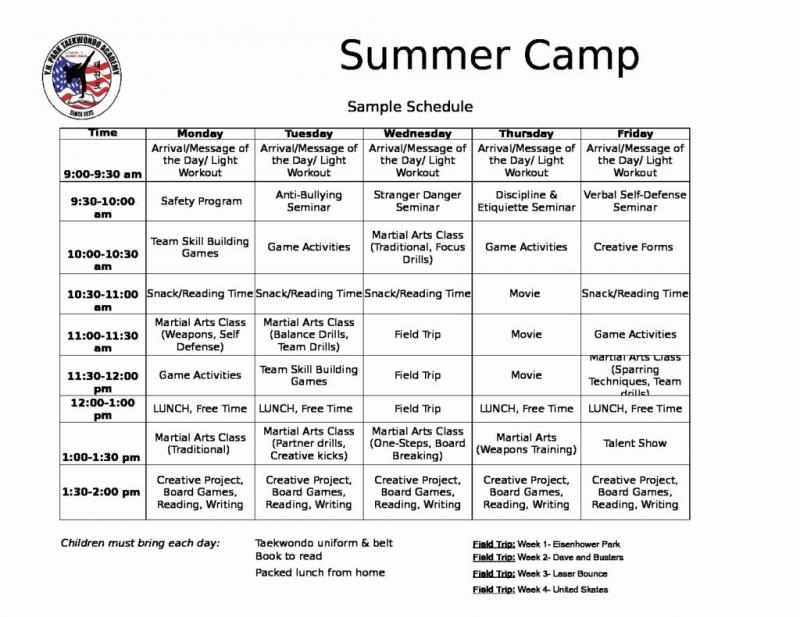
Even with scholarships and discounts, most families need to make financial trade-offs to attend top lacrosse camps. How can you assess the return on investment?
Of course you can’t put a price on intangibles like memories, fun, and friendship. But from a skills perspective, consider:
- How much does your child’s regular club tuition cost for summer training?
- Would the camp give them higher level coaching and competition?
- Will the camp teach new techniques their coaches don’t know?
- How passionate is your child about elevating their game this summer?
If the camp promises clear skill development gains beyond their regular training, the added expense may pay dividends in their lacrosse progression. Just be sure to set expectations with your player that the camp is an investment in their goals, not just a fun vacation.
Camp Alternatives
If top camps simply aren’t in your budget this year, less expensive alternatives such as:
- Local rec league or town summer clinics – affordable and builds fundamentals
- Individual lessons – focus training on player’s biggest weaknesses
- Backyard wall ball reps – master shooting and passing for free
- Watching YouTube drills & videos – study moves/techniques
- Enroll again next year and start saving – gives them something to work towards
The key is setting your child up for summer success at their current level. Not every player needs an elite camp to improve. Talk with your local coaches on cost-effective training options outside of expensive camps.
By understanding the full costs and evaluating real value to your athlete, you can make the best lacrosse camp decision for your family’s budget. With any camp, make sure your child sets measurable goals so you can track the experience’s impact when they return home. That will tell you if the investment paid off in their growth and development.
Review Safety Protocols – Is the Camp Licensed?
It’s that time of year again when lacrosse-loving parents start researching the best lacrosse camps to send their kids to this summer. With so many options to choose from, it can be overwhelming trying to select the perfect program. The most important factor to consider is safety – you’ll want to make sure any camp you’re considering is licensed and has rigorous safety protocols in place.
Start by looking into whether the camp is accredited by the American Camp Association (ACA). ACA-accredited camps must meet up to 300 standards for health, safety, and program quality. Accreditation means the camp has been externally reviewed and meets industry-accepted practices. Make sure to ask about specific safety policies like staff background checks, healthcare personnel on site, 24-hour supervision of campers, and plans for handling emergencies.
Find out the camper-to-staff ratio to ensure adequate supervision. Ask if staff are trained in CPR, first aid, and concussion management. Be sure campers will have access to plenty of water, shade, and breaks from physical activity to prevent heat-related illness. Also look into the medical clinic’s capabilities and proximity to emergency care.
For residential camps, inquire about sleeping quarters and food safety. Are bunks equipped with safety railings? How are food allergies handled? How are special diets accommodated? What security measures are in place for overnight campers?
Review the full activities schedule to make sure proper safety gear is required. For example, lacrosse players should wear helmets with face masks, gloves, arm and shoulder pads, and mouthguards during full contact drills. Ask about the facility’s safety protocols too – are fields checked for holes or debris? How often is equipment inspected and replaced? The camp should take every precaution to minimize sports-related injuries.
Consider the Coaching Expertise

Once you’ve established a camp is safe for your child to attend, the next key factor is assessing the lacrosse coaching expertise. The best camps have experienced coaches on staff who can effectively teach skills, run drills, and develop each athlete’s potential.
Look for camps with coaches who have played lacrosse at the college or professional level. See if they have certifications from US Lacrosse, the sport’s national governing body. Find out how coaches are trained by the camp and what the coach-to-camper ratio will be. The lower the ratio, the more personalized attention each child will receive.
Evaluate the coaching philosophy too. Is the focus on developing fundamentals and good sportsmanship? Or is the camp intensely competitive? Make sure the approach aligns with your child’s needs and temperament.
Also find out if coaches provide daily feedback and performance evaluations. The best camps give parents a full report card at the end summarizing their child’s achievements, areas for growth, and recommendations for the off-season.
Look at Facilities and Equipment

Top lacrosse camps provide participants access to premier facilities and the highest quality equipment. Look for camps located on college campuses or premier athletic complexes. The facility should have extensive grass fields ideally lined specifically for lacrosse.
Find out if field drills incorporate a shot clock and game-like scenarios. See if goalies have access to diverse shooting cages for realistic practice. The camp should provide all necessary gear like sticks, pads, and helmets so you don’t have to buy expensive equipment.
Also consider the classroom facilities for chalk talks. Look for climate-controlled spaces with audio/visual technology for reviewing game footage. Video analysis is a great way to accelerate skill development.
When possible, tour the facilities in advance. Make sure the setting meets your standards for cleanliness, safety, and convenience.
Evaluate Overall Programming
In addition to drills, scrimmages, and skill development, the best lacrosse camps incorporate supplemental programming like strength and conditioning, position-specific training, team building, and educational components.
Look for camps that include speed, agility, and plyometric training tailored to the sport of lacrosse. This builds athleticism to make players faster and more explosive on the field. Hockey, soccer, basketball, and other sports may have crossover drills too.
See if the camp offers specialized instruction for different positions like goalie, defenseman, midfielder, and attackman. Each position has unique skills to master.
Consider how much team building and socialization is incorporated. The camp experience should be fun and build camaraderie too.
For a well-rounded experience, look for educational elements like nutrition workshops, recruiting seminars for high school players, and lectures from professional lacrosse players.
Evaluate Cost, Location and Length
Finally, consider logistics like cost, location, and session length as you evaluate prospective lacrosse camps.
Camp costs vary widely based on the quality of programming, prestige of facilities, and credentials of coaching staff. While cost is a factor, the value of a rewarding, skill-accelerating lacrosse camp experience may justify a higher price.
Location is another key consideration – try to find a camp within driving distance or look into air travel options for more distant camps. Overnight camps allow for total immersion but day camps close to home are also great.
Session length ranges from one weekend to several weeks over the summer. Consider your child’s maturity, attention span, and endurance when deciding how long they should attend. First-time campers may do better with a shorter session.
By thoroughly evaluating safety protocols, coaching, facilities, programming, and logistics, you can feel confident you’ve selected a premier lacrosse camp for your athlete. With an encouraging and skills-focused camp experience, they’ll make great strides and build passion for the sport.
Check Facilities – Are Fields and Equipment High Quality?

As a parent, deciding where to send your child for lacrosse camp can be an exciting yet daunting task. With so many options to choose from, how do you pick the perfect program for your kid? When researching lacrosse camps, one of the most important factors to consider is the quality of the facilities and equipment. The fields and gear can truly make or break your child’s camp experience.
Start by looking at the fields where campers will be playing and practicing. Are they well-maintained grass fields or higher-quality artificial turf fields? Top lacrosse camps invest in first-rate playing surfaces to ensure campers get the most out of their skills training. Also check if fields are lined appropriately for lacrosse play and if goals meet regulation size and quality standards.
Look into what protective gear is provided by the camp. Given the physical nature of lacrosse, safety should be a top priority. Avoid camps that skimp on gear like pads and helmets and instead opt for those that outfit campers properly from head to toe. High quality, properly-fitting gear helps minimize injury risk.
Examine the stick selection as well. Campers using the right lacrosse stick for their age and skill level will have a much better experience. Good camps allow campers to test out different stick brands and models rather than forcing them to use subpar leftover gear. Also inspect lacrosse balls to ensure they are regulation and in good shape.
Don’t forget to look at the training equipment too. Mobile goals, passing nets, agility ladders, shooting tarps and more allow for diverse skill building. Top camps continuously update their apparatus to align with cutting edge training techniques.
Verify Coaching Staff Credentials & Experience

The quality of the coaching staff is arguably the most critical component of any lacrosse camp. After all, the coaches will have the biggest hand in your child’s skill development over the course of the camp.
Start by looking over credentials of the head coaches and lead instructors. Do they have extensive playing and coaching experience at elite youth, high school, college and pro levels? Top lacrosse camps will provide full bios of their staff.
Also look for coaches who are actively coaching for respected youth clubs or high school programs outside of camp. Those who coach year-round will be more in tune with modern lacrosse tactics and training methods.
Seek out camps that maintain a low coach-to-camper ratio. Less than a 10:1 ratio is ideal for maximizing personal attention and feedback. Avoid camps that overburden coaches.
Look for diversity in coaching backgrounds too. A blend of former college players, professional players and veteran high school coaches will expose your child to a variety of perspectives and approaches.
Research Camp Programming & Curriculum
Each lacrosse camp structures their instruction and activities differently, so it’s important to dive into the programming details. Look for a solid balance of skill-building, strategic development and competitive games.
Drills focused on stick skills, shooting, passing, dodging, footwork and more should make up a major chunk of the schedule. Skills are the foundation of great lacrosse play. Look for camps breaking down techniques in detail and tailoring drills to ability levels.
Of course, lacrosse IQ is hugely important too. Look for classroom sessions focused on rules, offensive/defensive systems and advancing overall lacrosse IQ. Film review can be invaluable as well.
Scrimmages and games allow campers to apply lessons in live competition. Check that camps are providing age and size-appropriate game experiences with plenty of repetitions.
Good lacrosse camps also mix in physical conditioning given the athletic demands of the sport. Speed and agility sessions, strength training and yoga can make for welcome additions.
Evaluate Location, Length & Cost
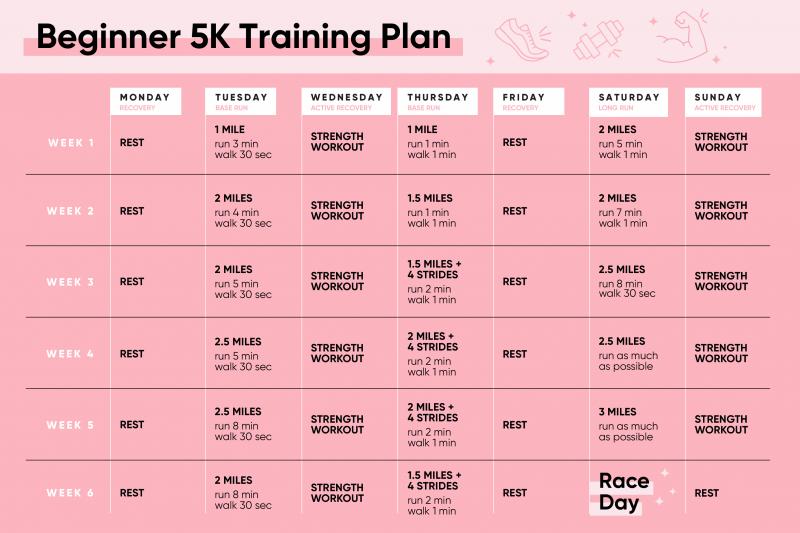
While the quality of coaching and facilities are most vital, also evaluate the logistics of length, location and cost when choosing a camp.
Overnight camps lasting 5-7 days provide the full immersive experience, while local day camps offer a convenient option if you’d rather have your child sleep at home. Think about which he or she would prefer.
Consider location in relation to where you live as well. While traveling for a high-level camp can be worthwhile, adding lengthy commutes before and after full days can add unnecessary fatigue and burnout. Balance that with your child’s enthusiasm for exploring a new location.
Lastly, weigh costs like tuition, gear, transportation and spending money. More expensive does not always mean better quality. Some of the priciest camps spend more on amenities than coaching. Look for value over luxury.
By starting your research early and evaluating camps closely across these criteria, you can feel confident you are selecting a high quality lacrosse camp tailored to your child’s needs. Proper preparation this offseason will pay dividends when summer rolls around! With smart planning, your young lacrosse player will be primed for exciting improvements.
Look for Specialty Clinics – Are There Opportunities to Improve Specific Skills?
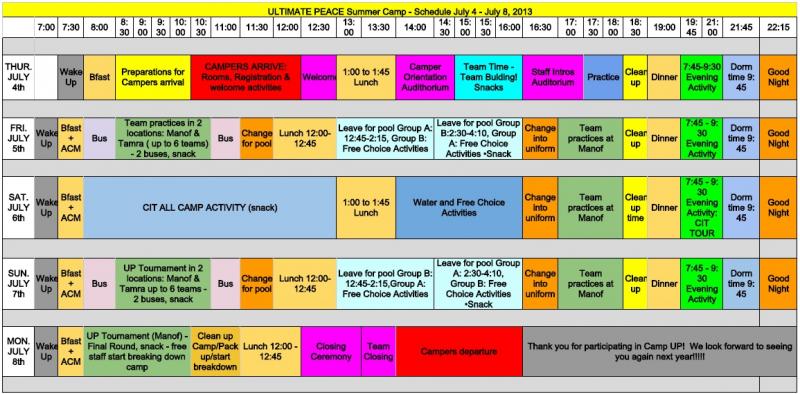
It’s that time of year again when lacrosse families start looking at summer camp options for their aspiring young athletes. With so many choices out there, how do you pick the perfect program for your kid? As the parent of a lacrosse player myself, I’ve learned there are a few key things to consider when researching lacrosse camps.
First, think about your child’s specific needs and lacrosse goals for the offseason. Are there certain skills or positions they want to work on improving? Look for specialty clinics and camps that provide focused training. For example, if your midfielder wants to improve on face-offs, consider a program like Top Gun Lacrosse Camp that offers an intensive 3-day face-off clinic. My son attended their face-off camp last summer and it really helped take his game to the next level.
In addition to specialty clinics, the best overall lacrosse camps provide high-level instruction from college coaches and pro players across all positions. Top programs like Vermont Lacrosse Camp, UGA Lacrosse Camp, and Nike lacrosse camps have an exceptional coaching staff with the expertise to help athletes improve their full skillset. At these camps, players are challenged within their position while also being exposed to high level coaching and competition that brings out their best.
Beyond skills training, I also look for camps that focus on strategic development by incorporating extensive game play. Repetition of skills in a realistic game environment is so critical for taking skills to the next level. My son gave rave reviews of Vermont Lacrosse Camp for the amount of strategic 6 vs 6 game play integrated into their training. Game play allows athletes to learn how skills apply in the heat of intense competition.
Finally, don’t overlook the importance of a positive culture and inspiring role models. The lacrosse community is a tight knit one, and the connections and inspirations formed at camp can last a lifetime. I look for camps that emphasize sportsmanship, teamwork and relationship building. Watching college players with an incredible passion for the game leaves a lasting impression on young athletes.
Here are a few top notch camps I recommend considering for your lacrosse player this summer:
Vermont Lacrosse Camp – Focus on Game Play
Held annually in the beautiful green mountains of northern Vermont, this overnight camp is renowned for its strategic development through extensive game play. With a 8:1 camper to counselor ratio, Vermont Lacrosse Camp offers focused instruction tailored to individual skill levels. The coaching staff is comprised of top college coaches from across the country. Past instructors have included coaches from Johns Hopkins, Maryland, Yale, Navy, Vermont, and many more.
In addition to drills, skills, and techniques by position, athletes participate in extensive 6 vs 6 game play throughout the duration of camp. Playing full field, 10 minute running time games deeply ingrains skills and strategies. As a parent, the smiles on my kids’ faces after attending Vermont Lacrosse Camp were proof of an amazing experience.
Top Gun Lacrosse Camps – Specialty Training
With locations in 10 states, Top Gun Lacrosse Camps focus their summer training on high level position-specific instruction. Their 3-day specialty clinics offer the chance to focus on improving mastery of a particular skill. Some of their specialty clinics include:
- Face-off camp
- LSM/defensive camp
- Goalie camp
- Shooting & finishing camp
- Recruiting showcase camp
The camps are staffed by coaching experts in each position and skill, including professional players and top college coaches. By concentrating on one skill for an extended period, players can experience dramatic skill improvement over just a few days.
Nike Lacrosse Camps – College Showcases

For high school players looking to get recruitment exposure, Nike Lacrosse Camps offer the opportunity to train and compete in front of top college coaches from across the country. Their College Prospect Camps include instruction, drills, games, and a college coach forum where athletes can interact with college representatives and get their recruiting questions answered.
With locations at NCAA Division 1 college campuses like UNC, Duke, Notre Dame, Stanford, and more, these camps provide next level lacrosse training combined with the chance to get your skills seen by college programs. I recommend the Nike Lacrosse Camps for any player interested in playing lacrosse at the collegiate level.
The options may seem endless when evaluating lacrosse camps for your young athlete. By focusing on their specific skill and recruiting goals, considering game play opportunities, and prioritizing positive culture, you can pick a program that will create lasting lacrosse memories. See you on the fields this summer!
Find Out If Teams Attend Together – Will They Bond with Teammates?
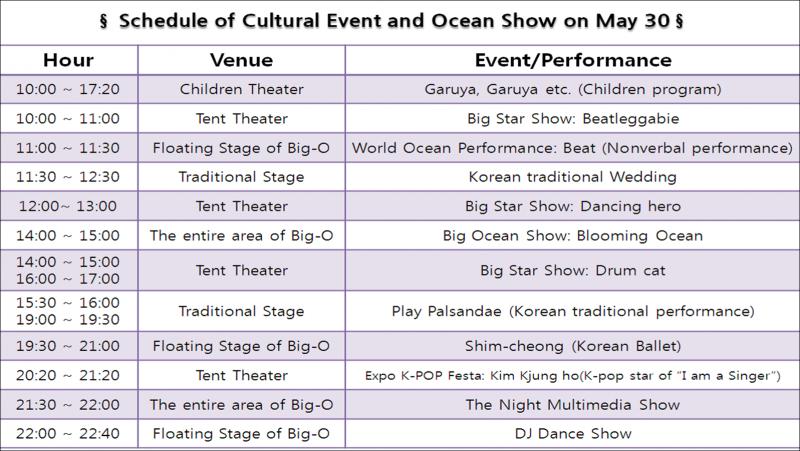
Summer lacrosse camps serve many purposes for young athletes – improving skills, getting recruiting exposure, and strengthening bonds with teammates. As parents research the array of camp options for their kids, an important consideration is whether or not the whole team should attend camp together.
On one hand, having your child’s lacrosse team attend the same summer camp can build team chemistry and camaraderie leading into the next season. Bonding during summer training can unite a team around common goals and help players learn each other’s strengths on and off the field. Especially for younger teams, time spent together at camp can foster new friendships and tighten team connections.
However, attending camp with the same team also has drawbacks to consider. Spending too much time together could potentially lead to drama, cliques, or complacency. Some healthy competition with new peers can motivate players to elevate their game. My son returned from his camp experience excited to teach his teammates the new drills and techniques he had learned.
Here are a few factors for parents and coaches to consider when deciding if the team should attend lacrosse camp together or each player should attend separately:
Age and Experience Level
Younger, less experienced teams have the most to gain from attending camp together. For middle school and youth teams, time spent together at camp builds rapport leading into the season. They will meet new friends together and return home excited to integrate their new skills as a team. Comradery forms through shared camp experiences.
On the other hand, older high school teams may benefit from attending camps separately. Taking a break from ingrained team roles allows older players to develop leadership skills. And training with new players exposes athletes weaknesses they can take back to school camp.
Identifying Team Goals
If a team has identified specific areas for improvement next season, attending camp together can help strengthen those skills across the team. For example, if the team wants to improve riding skills and pressure defense, a program like Top Gun Lacrosse Camp offers a specialized team camp focused on defensive training. Learning the techniques together fosters team unity.
Alternatively, athletes attending different camps will likely be exposed to varying coaching styles, drills and strategies. This variety of training could broaden individuals skills that they bring back to share at preseason.
Social Considerations

Some cliques or social tensions could potentially be amplified by time together at camp. Group housing arrangements should be considered to mix up existing social circles. However, for teams that value team bonding, the shared camp experience builds connections through meals, locker rooms, downtime and evening social activities.
Attending separately avoids potential teen drama flaring up. But it misses the chance to resolve conflicts through shared growth experiences.
Individual vs. Team Recruiting Needs
Athletes looking for individual recruiting exposure may be better served attending camps separately. Showcase camps like Nike Lacrosse and Maverik provide the chance to stand out from the crowd. My son was able to play with a variety of all-star teammates at his camp’s recruiting showcase game.
If coaches want to get recruiting exposure as a program, attending a camp together displays team potential. Coaches appreciate seeing existing chemistry and team systems in action.
In the end, there are persuasive arguments on both sides of the debate. Some key factors for parents and coaches to discuss are age and experience level of the team, identified team goals, social considerations, and individual vs. team recruiting needs. While united camp experiences build bonds, diversified training expands skills. There are great reasons for attending together or separately. The lacrosse memories will be amazing either way!
See If All Skill Levels Are Welcome – Will Your Child Have Fun and Be Challenged?
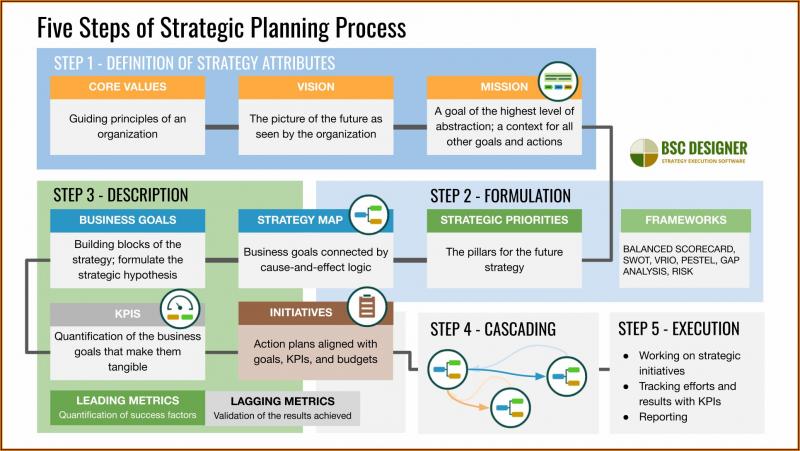
As a lacrosse parent researching the array of summer camp options, an important consideration is making sure your child will have fun while also being challenged. The best lacrosse camps structure programs that meet athletes at their skill level yet push them to improve.
On one hand, you want your child to attend a camp where they feel confident in their abilities compared to the other campers. A camp exclusively filled with D1 college recruits could potentially intimidate less experienced players. Look for camps that group campers by ability levels, with specific programs tailored to varying skills.
However, attending a camp with all beginners may not challenge your child to elevate their game. The ideal camp strikes the perfect balance of fun and competitiveness to maximize development. Before registering, talk with camp directors about how they assess ability levels and differentiate instruction.
Here are some key factors to look for in evaluating if a lacrosse camp will be the right fit for your child’s skill level and development goals:
Ability Level Assessment
The best lacrosse camps have a thorough process for assessing each athlete’s ability upon arrival at camp. This usually involves athletic measurements, skill assessments, and interacting in scrimmages. Coaches get a sense of strengths, weaknesses, experience and athleticism. From this assessment, they divide players into groups by skill for drills and games.
Be wary of camps that don’t assess and group by ability. Without differentiated levels, your child may feel overwhelmed or ready for more challenging competition.
Skill Development Approach
Look for camps that describe their methodology for improving skills progressively throughout camp. Techniques should build day-to-day starting from fundamentals and increasing in complexity and speed. Your child will experience accomplishment mastering new techniques each day.
Alternatively, some camps teach advanced skills on day 1 that frustrate beginners. Make sure the program builds skills logically for your child’s ability.
Position Specialization

The best lacrosse camps offer specialized instruction tailored for each position on the field. Defensemen have different skills to master than midfielders, for example. Within their position groups, coaches can target instruction to exactly what each athlete needs to improve.
General lacrosse camps teach broad overviews of each position. For significant skill development, look for programs with coaches dedicated to specific positional skills.
Small Group and Individualized Coaching
To really challenge athletes to improve, camps should provide small group instruction focused on individual development areas. One-on-one coaching and feedback throughout camp keeps players engaged and advancing their skills.
Camps with large coach-to-camper ratios don’t allow for personalized attention. Every child should feel seen at camp.
By evaluating camps’ ability grouping, skill building methods, position specialization, and individualized coaching, you can find the perfect fit for your lacrosse player. The goal is to spark their passion by surrounding them with like-minded peers under the guidance of inspiring coaches. That magical camp experience will develop skills and build confidence for years to come.
Make Sure Nutrition is Addressed – Are Meals Provided?
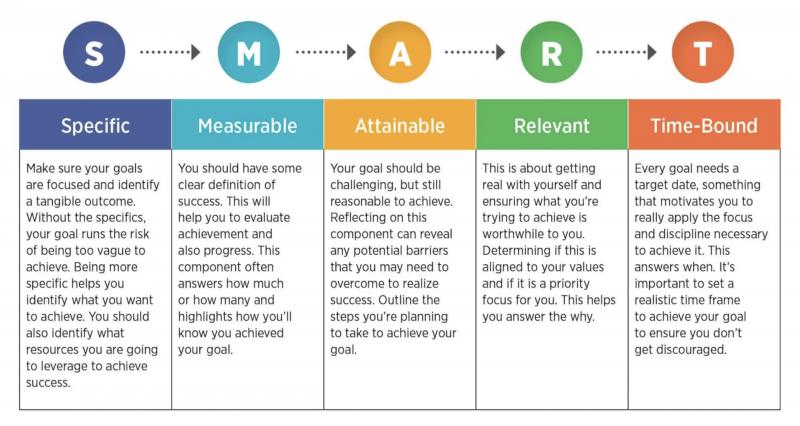
As parents research the ins and outs of various summer lacrosse camps, an important logistical consideration is whether or not meals are provided. Proper nutrition is crucial for young athletes to get the most out of their training. Making sure food needs are addressed should factor into your camp decision.
On the one hand, camps that include regular meals and snacks keep players fueled for intense training throughout long summer days. When the camp handles nutrition, you can rest assured your child will eat well without the burden of packing meals.
However, camps without meal programs require extra planning and packing to make sure your child has enough calories and hydration. This gives you control over nutrition quality, but requires effort and coordination each day.
Here are some key nutrition-related factors to look for in researching lacrosse camp options:
Regularly Scheduled Meals and Snacks
The best lacrosse camps provide breakfast, lunch, dinner, and regular snack breaks. This structure ensures athletes are eating enough to replenish energy stores. Look for set meal times worked into the camp schedule.
Without regular meals provided, it’s likely your child won’t eat enough to fuel their activity. They’ll end up tired, unfocused and not performing their best.
Nutritious Food Choices
Camp meals should provide a variety of balanced, wholesome food choices to power young athletes. Look for descriptions of lean proteins, whole grains, fruits/veggies and dairy at meals. Limitations for allergies or dietary preferences should also be accommodated.
Packing your own meals gives control over nutrition quality. But it’s challenging to pack well-balanced options with ice packs and limited storage.
Hydration Stations
Lacrosse is an intensely athletic sport requiring proper hydration. Quality camps have water coolers spread around fields and a hydration schedule built into the program. Dehydration quickly diminishes performance.
Without camp-provided hydration, you’ll need to pack water bottles and sports drinks daily. It’s easy for kids to forget to drink enough when focused on playing.
Recovery Nutrition
The hour after intense training is critical for muscle recovery. Look for camps that provide chocolate milk or protein shakes when players finish for the day. Protein and carbohydrates replenish exhausted muscles.
If post-workout nutrition isn’t provided, you’ll need to supply recovery drinks. Most kids aren’t disciplined enough to remember on their own after a long day.
Proper lacrosse nutrition takes planning and diligence, but pays huge dividends in energy and performance. Whether meals are provided or packed, make sure your child will be fueled up for an amazing summer of growth and fun!
See If There are College Recruiting Connections – Will They Get Exposure?
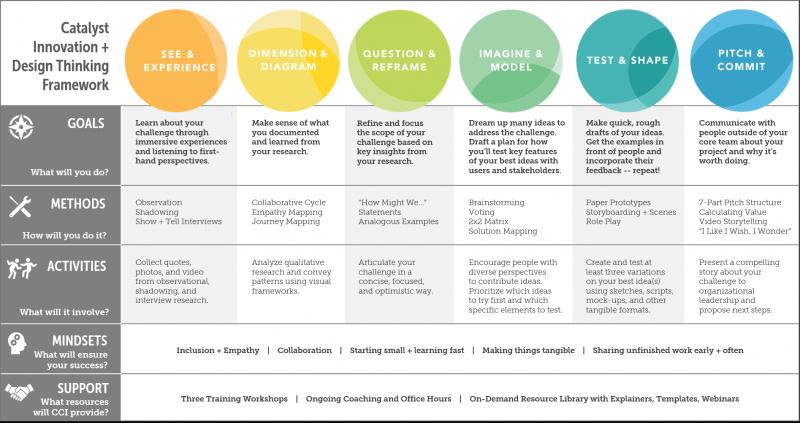
Finding the perfect lacrosse camp for your kid can be a daunting task. With so many options to choose from, how do you know which one will provide the best experience and exposure for your young lacrosse player? When researching lacrosse camps, there are a few key factors to consider that can help you pick the right program.
One of the most important considerations is whether the camp has connections to college lacrosse recruiting. Many camps boast that they give players exposure to college coaches or recruiters. This can be invaluable if your child hopes to play NCAA lacrosse one day. However, you’ll want to look closely at which college programs the camp is actually affiliated with. Are coaches from top D1 programs actively engaged and scouting prospects at the camp? Or are the college connections limited to smaller or less competitive programs? Sometimes camps overstate their recruitment opportunities so be sure to verify who specifically will be in attendance.
Related to recruiting, you’ll want to ask if the camp provides profiles or evaluations of campers to college coaches after the camp sessions. The best camps will work to get your child’s information directly into the hands of college lacrosse recruiting coordinators. This gives your player a much better shot at being noticed and evaluated by top programs.
Another key factor is whether the camp focuses on developing fundamental lacrosse skills or higher level tactics. For younger athletes just learning the sport, a fundamentals-based camp is likely the best fit. Look for camps that offer instruction in stick handling, scooping, passing, catching, shooting, and positioning for your child’s age and skill level. For older, more experienced players, an advanced skills or tactical camp can take their game to the next level. These camps focus on high-level drills, offensive and defensive team strategies, and intense competition.
Be sure to consider the quality of coaching when picking a lacrosse camp. The best camps will have skilled instructors who have played lacrosse at a high collegiate or professional level. Top notch coaching can make a dramatic difference in your child’s development. Look for camps with a low coach to camper ratio so your kid gets more personalized instruction. Also look at the coaching philosophy – is it positive, supportive and focused on developing the whole athlete?
Think about the level of competition at the camp. Playing against great talent pushes athletes to elevate their own game. Look for camps where your child will be challenged by top players. Just don’t put them in over their head either. Make sure the majority of campers are at a similar ability level so your young player can gain confidence while being challenged to improve.
Consider the overall facilities and amenities when choosing a camp. Look for excellent lacrosse fields and training spaces. And don’t forget about dorms, dining halls, and recreation options which all contribute to the full camp experience. High quality fields and facilities show the camp invests in creating a great environment.
Be sure to research the camp’s reputation and reviews. Talk to other lacrosse families about camps they’ve attended. Check sites like NCSA Sports or Youth Camps for parent reviews on the experience. You want to make sure the camp is well-run and lives up to its promises. A great reputation is a good indicator of a quality camp.
Geographic location may also play a role in your decision. If you have an elite player, attending a top tier camp across the country could be worth the investment. For most families though, finding a great regional camp is the best bet. This allows you to visit and check out the facilities. It also makes transportation easier if you need to drop off or pick up your child.
Cost is of course another big factor. Day camps tend to cost $200-$500, while overnight camps can run $500-$2000. The most elite lacrosse camps or ones offering intensive small group instruction will be at the high end. Make sure you understand what’s included – some camps add on extras or have limited enrollment. While cost is a consideration, the real value comes from choosing a camp that meets your player’s needs and helps them reach their potential.
Start your research early, ideally 6-12 months before camp dates. Many of the best camps fill up quickly. Talk with your child and come up with goals of what they want to get out of the camp. Use those goals to guide your camp selection. Read through camp websites thoroughly and reach out if you have questions.
Finding the right lacrosse camp takes effort but is well worth it. With smart research and planning, you can pick an experience that will create lifelong memories and take your young athlete’s game to new heights.
Look for a Fun Atmosphere – Do Campers Love It and Return Year After Year?

Selecting the right lacrosse camp for your child can be an exciting yet daunting task. With so many options to choose from, how do you know which one will provide the best experience? As the parent of a budding lacrosse player, you want to find a program that not only develops your kid’s skills on the field, but also creates lasting memories off of it.
One of the best indicators of a great camp is a fun, engaging atmosphere that brings campers back year after year. Look for camps that place a high priority on making sure participants have an awesome time, in addition to improving as athletes. A fun environment leads to happy, motivated kids who can’t wait to return next summer.
Talk to Past Campers and Read Reviews
There’s no better review of a lacrosse camp than direct feedback from past attendees. Reach out to other parents to get their impressions on programs your child is considering. Ask about the overall atmosphere, coaching, activities, food, dorms, and anything else that’s important to you. reviews by previous campers can also provide invaluable insight. Look for in-depth reviews that give you a good feel for the daily camp experience.
Look for Special Events and Competitions
Keeping campers engaged, entertained, and excited should be a top priority of any quality lacrosse program. Look for camps that incorporate special events like midnight madness, Olympics, paintball, and movie nights into the schedule. Friendly team competitions in events like tug of war, color wars, and skit nights also foster a fun, spirited environment. Unforgettable experiences beyond lacrosse help create magical summer memories.
Consider Camp Traditions and Rituals
Look for well-established camps that have developed unique traditions campers look forward to year after year. Enduring rituals like singing songs at meals, signing cabin logs, and passing down stories or legends all contribute to a sense of legacy and community. If campers come back every summer counting down the days until the next silly song or midnight scramble, you know those warm memories will last a lifetime.
Research the Camp’s Facilities and Amenities
The quality of facilities and amenities at a lacrosse camp directly impact the participant experience. Look for modern athletic fields, well-equipped weight rooms, comfortable dorms, and recreation halls with games like pool, ping pong, and foosball. Fun evening activities could include campfire skits, casino night, carnivals, dances, and movie theaters. Top notch gear like Under Armour uniforms and Maverik lacrosse sticks get kids excited too!
Evaluate Social Opportunities

One of the best parts of sleepaway camp is making lifelong friends, so be sure to consider the social aspects of any program. Look for camps with a diverse group of campers from around the country or world so your child is exposed to new people and perspectives. All-day clinics might improve skills, but overnight camps with meals, dorms, and free time together build community and memories. A great balance of lacrosse and fun leads to the richest experience.
Research the Coaching Staff
An energetic coaching staff that connects with kids, keeps things lighthearted and infuses fun into drills, scrimmages, and downtime is vital for an engaging camp atmosphere. Look for low coach-to-camper ratios and bios that highlight experience, teaching ability, and personality. Try to find videos that showcase the staff in action relating to players and building team spirit.
Consider Camp Location and Setting
Where the camp is located and the type of environment it’s set in can greatly affect the overall mood and experience. Prestigious college campuses or spacious athletic complexes with multiple fields feel exciting and special to kids. Coaching clinics in small towns can provide an intimate setting with less distraction. Overnight camps near lakes, mountains, or beaches provide built-in recreation and stunning scenery. Location definitely impacts the vibe!
Ask About Evening Entertainment

Keep kids laughing, cheering and bonding once the whistles stop blowing by asking about evening entertainment options. Talent shows, game nights, skits, dances, karaoke, and campfires with s’mores provide fun memories beyond drills and scrimmages. Guest speakers, college coaches panels, team movie nights, and recreational options like game rooms, climbing walls, high ropes, and zip lines also keep energy and excitement levels high.
Finding the perfect lacrosse camp takes research, but the reward is a thrilling experience that builds skills, confidence, and memories. Most importantly, look for genuine passion for the sport coupled with a commitment to fun. By providing laughs, adventure, and friendship alongside coaching excellence, these camps deliver magical summers kids can’t stop talking about all year long!
Read Reviews of Past Campers – What Do Other Families Recommend?
Sending your child to an overnight lacrosse camp is a big decision. You want to make sure you choose a program that will create lasting memories and take their game to the next level. One of the best ways to evaluate potential camps is to read detailed reviews from past families.
Reviews from other parents who’ve experienced a camp firsthand can give you some of the most helpful insight. They’ll share candid perspectives you can’t find in promotional brochures or websites. Look for reviews that give a balanced assessment of all aspects of the camp – not just glowing or critical ones.
Seek Out Reviews on Multiple Platforms
Expand your search beyond the reviews on a camp’s own website. Check independent sites like CampReviews.com that compile feedback for hundreds of camps around the country. Social media platforms like Facebook groups for lacrosse parents can provide reviews too. And don’t forget word of mouth – ask people you know for recommendations.
Look for Details on Coaching Quality
One of the biggest factors for most parents is the caliber of coaching instruction at the camp. Read reviews carefully for feedback on the experience level of the coaches and how engaging they were with the kids. Were drills, lessons and lectures taught in an inspiring way that held players’ interest? Do coaches have the ability to improve all skill levels from beginners to elite?
Consider Reviews of Facilities
The quality and size of a camp’s facilities can greatly impact the participant’s experience, so look for reviews that describe fields, dorms, dining halls and amenities. Were the gear and equipment top notch? Were playing and living spaces comfortable or run down? Unique features like recreation halls or lakes for swimming also affect the fun factor.
Evaluate Reviews of the Food
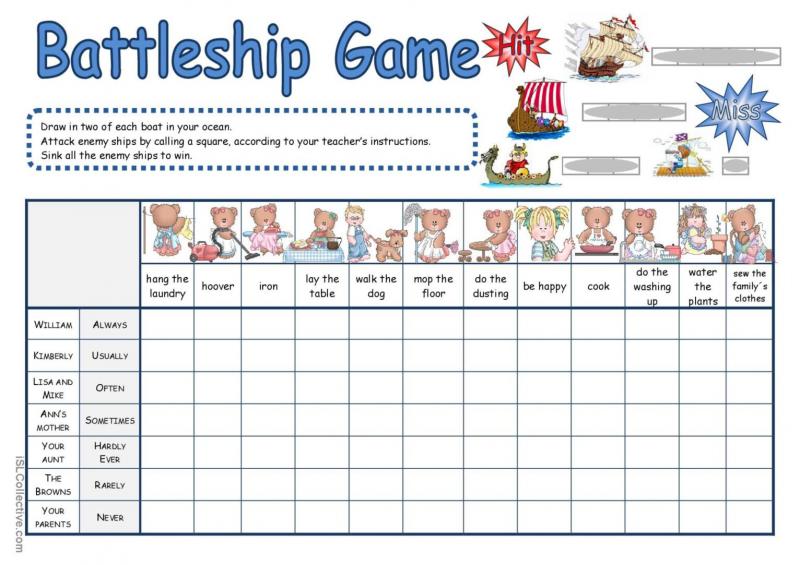
Dining hall fare is often fondly remembered or complained about. Look for reviews describing food quality, variety, dietary options, portion sizes and mealtime ambience. Things like salad bars, special dietary needs and nutritious options are especially important for growing athletes. Read carefully to get a feel for dining satisfaction.
Assess Reviews of Evening Activities
Evening and recreational activities are often highlights of the camp experience that create lifelong memories. Read parent reviews for details on things like campfires, dances, games, movies, skit nights and special events. Were fun activities balanced with downtime? Were kids constantly engaged or bored?
Consider Reviews Discussing Safety
As a parent, you’ll want to understand how safe and secure children are made to feel at the camp. Look for reviews that mention supervision, camper-to-counselor ratios, medical services, disciplinary issues and overall attentiveness to campers’ physical and emotional well-being.
Check Reviews About the Staff
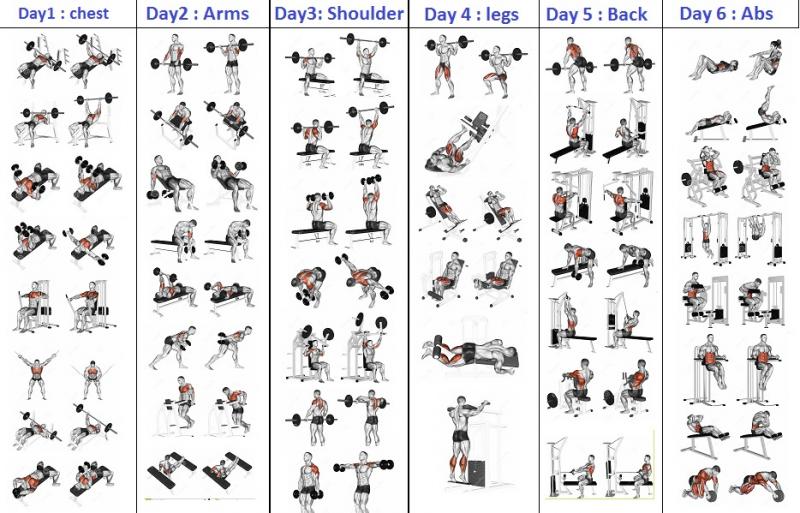
The quality, enthusiasm and warmth of the camp staff can make or break the experience. Read reviews for details on the directors, coaches, counselors and general vibe of the staff. Were they engaging, mentorly and actively involved with the kids? Or aloof, unavailable and merely going through the motions?
Look for Trends in Reviews Over Time
Pay attention if a camp has consistently stellar or poor reviews over many years. Multiple years of glowing reviews is the sign of an outstanding program. But a steady decline in reviews could indicate issues on the horizon. Look for trends not anomalies.
While choosing a lacrosse camp takes time upfront, prioritizing your child’s safety, growth and happiness is worth the investment. Reading detailed reviews from past families provides the rich, balanced insights you need to make the best choice.
Trust Your Gut – Does This Seem Like the Right Fit For Your Child?
With so many factors to weigh when picking a lacrosse camp, it’s easy to get overwhelmed. But sometimes you just need to trust your parental intuition. As the person who knows your child best, only you can decide if a program seems like the right fit or not.
While camp reviews, facilities, and coaching expertise are important, data and statistics can only tell you so much. At a certain point, you need to listen to your gut when evaluating potential camps. If something just feels off or doesn’t align with your child’s needs, keep looking.
Consider Your Child’s Personality and Temperament
The vibe of a camp should match your child’s personality and temperament. Outgoing kids may thrive at large, high-energy camps with lots of action. Quieter athletes may prefer smaller camps with a more laidback approach. Know your child and whether they need to break out of their shell or require a comforting environment.
Assess Level of Independence
Overnight camps require kids to be away from home for extended periods. Assess your child’s maturity and independence to determine if they’re ready for this. Can they manage basic needs, resolve conflicts and speak up if issues arise? Don’t force overnight camp if they aren’t developmentally ready.
Consider Homesickness Potential
Will your child get homesick two days in or relish the independence of being away? If severe homesickness is likely, consider a commuter program first. Ease into overnights once they’ve proven they can adapt. Know their emotional preparedness and don’t overextend.
Evaluate Level of Motivation

Passionate lacrosse players will get the most from intense training camps. Kids playing just for fun may feel overwhelmed. Make sure your child is excited for an immersive lacrosse experience. Also consider multi-sport camps for variety.
Assess Special Medical or Dietary Needs
If your child has medical conditions, allergies or dietary restrictions, make sure a camp is both aware and capable of accommodating them. Don’t assume every program handles special needs well. Ask detailed questions and talk with the nurses.
Consider the Coach-to-Camper Ratio
Larger coach-to-camper ratios mean less personalized attention. Shy kids can get lost in the shuffle. Smaller ratios allow coaches to better connect with each child. Know how much one-on-one instruction your kid needs to thrive.
Evaluate the Competition Level
Make sure the level of competitiveness matches your child’s abilities and temperament. Elite showcases may be too intense for casual players. Alternately, laidback camps won’t push gifted athletes. Seek the right balance and be realistic.
Talk with Your Child About Their Hopes

Have open conversations with your child about what kind of experience they want. They may be intimidated by intense drill camps. Or they may admire and wish to emulate elite older players. Involve your child and listen to their lacrosse dreams.
Trust Your Intuition During Interviews and Tours
Pay close attention to your impressions during phone calls, virtual tours and in-person visits. Do the camp directors seem organized, warm and thoughtful regarding your concerns? Or dismissive and indifferent? Red flags merit further vetting before committing.
The “on paper” facts about a camp only reveal so much. Dive deeper and listen to your parental intuition. You know your child best. With so much time, emotion and money invested, make sure your gut says this feels right.

